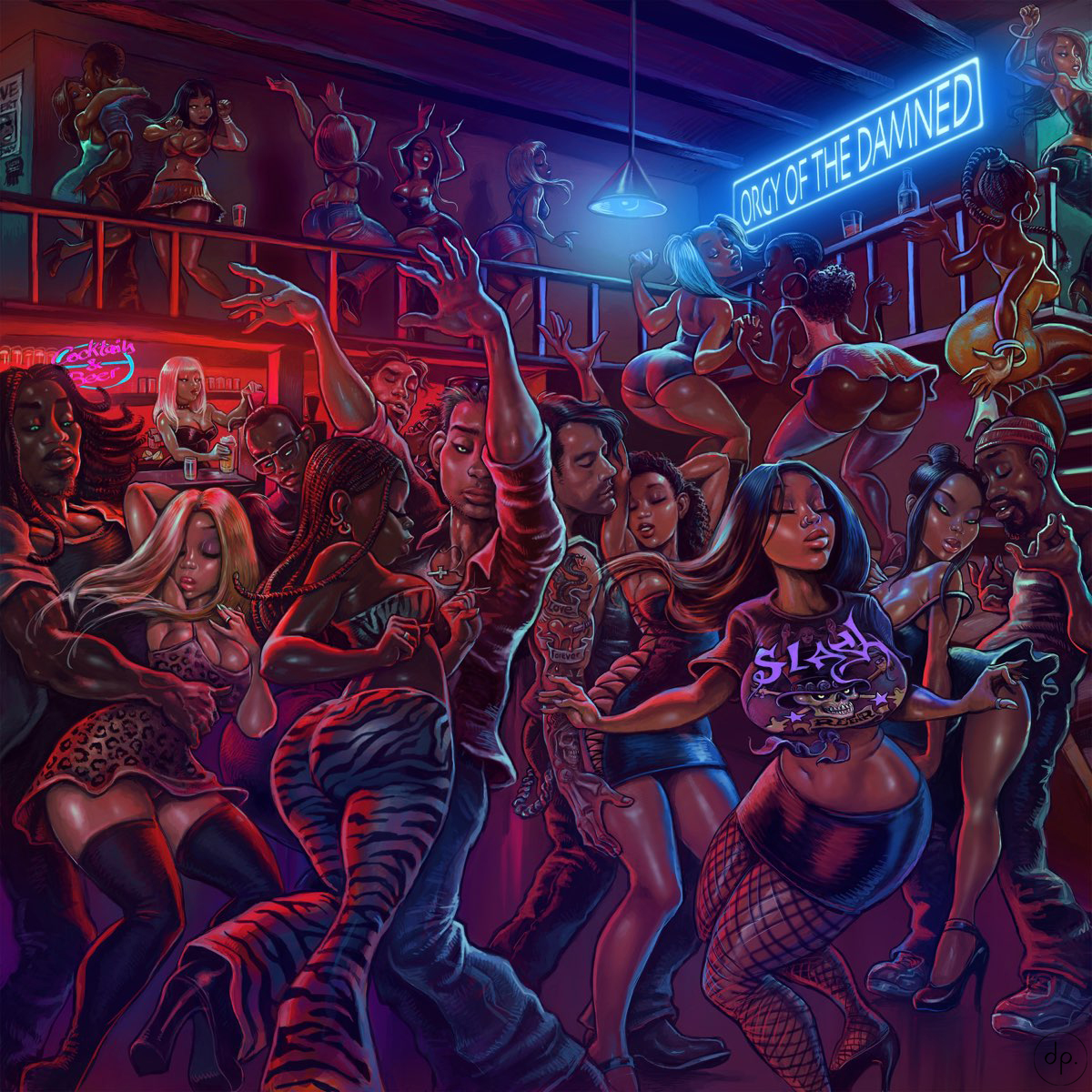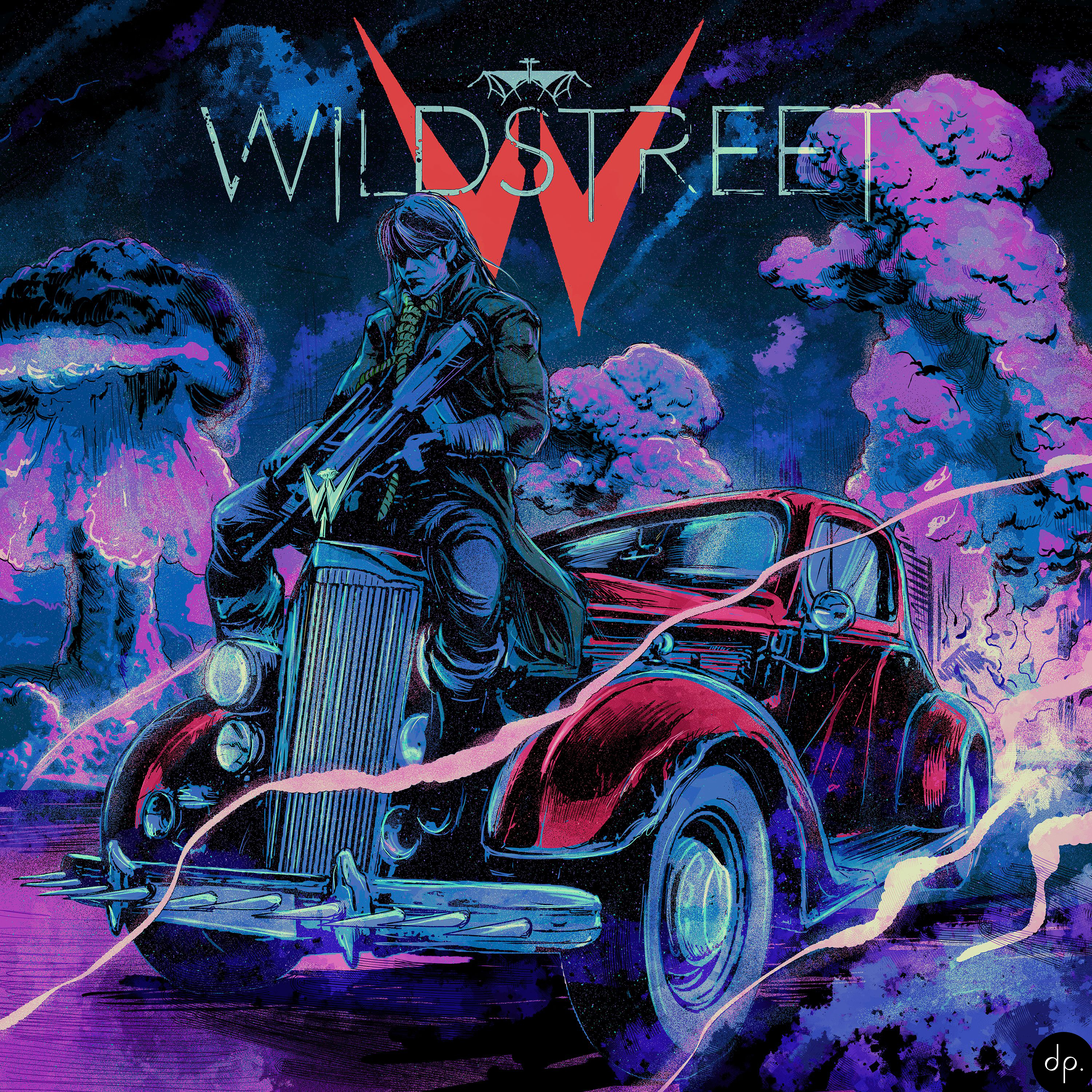
Critic's evaluation
No, it's not just Evil Politicians or Scrupulous who are officially launching themselves on the national music market in 2021. After all, musician and music producer Nathan Dies is also announcing himself in the music industry. And the one responsible for making this feat happen is Instinto, Dies' debut album.
The rhythm and sonority are from MPB, but the tuning of the guitar notes takes the listener to an environment of distant joy and a feeling of ecstatic torpor. When Dies enters the scene, a fright takes over the spectator. After all, the singer's timbre is a mix between hoarseness and sharpness that makes his voice have a bittersweet resonance that closely resembles the tone of Chico Chico and, consequently, of Cássia Eller. Amidst a bass with bulging lines and a guitar whose sonority played by Fernando Tavares offers touches of intoxication, Gracinha is a song that mixes MPB, psychedelia, and indie in its melodic structure. Its lyricism is innocent and tells the story of social dichotomy in a childish way, starting from the school playground. The interest in dating, drugs, early maturity - or the desire for it - make a child who follows the mentality of his own age seem abnormal.
The sound undulations made by the instruments create the sensation of listening to music under water. With a strong bass presence and a repetitive beat line, Cho is a song whose lyricism rambles on about love and recognizing the value of simple things, something that Chorão so much propagated in Tamo Aí Na Atividade, Charlie Brown Jr..
As in Gracinha, the guitar introductory lines immerse the listener in the MPB field. However, the conjuncture of elements such as Gui Fuentes' acoustic guitar, bass, and groovy drums gives an air of cangaço with the aroma of the Northeastern Brazilian hinterland soaring through the atmosphere. But this is not the only sensorial issue in Raio. After all, when Kely Pinheiro's soft and comforting vocal comes in, the song gains a latent sweetness that amplifies in the duets with Nathan Dies, who inserts a lyricism that creates astrological analogies with the question of self-knowledge. Intentionally or not, the insertion of the cello creates a notion of drama that enhances the melody of Raio, a soft song that borders on the angelic even though it brings the search of the self-songwriter for the interpretation of his own behavioral nuances.
A gloomy, dark environment with a slippery, unsafe floor. It is like a scene from a Disney animated villain show. After all, the bass sound of the cello creates an environment in which fear ponders, insecurity walks like an omnipresent character, and the listener's pupils dilate in a sign of attention to any new ingredient that is placed in the way. With a delicate and slightly sensual vocal, Dies narrates the surrender, the pleasure, the love between two women in the midst of a melody watered in sounds never before heard on Instinto, such as the corpulent tone of Eric Dana's tuba that fills, in the company of the choir formed by Miranda Fontana, Gaby Cotter and João Pedro Boi, the ambiance of the title track. With percussive elements brought by Thomas Debelian giving a Latin energy to the melody, the track has an instrumental character closed with the high notes of Lachie Day's trumpet. Lyrically about acceptance and even empowerment, details that are divided into two stanzas that narrate the relationship between women and between men, the song transits between the environments of samba and indie with delicacy. It is a fact, however, that self-knowledge, heterogeneity, and plurality of society are the central point of this composition that is an exponent of equality.
From its awakening, Love Song proves to be the melancholic ballad of Instinto. With its low notes employing a charmingly soft sadness, the song has instrumental lines that move between psychedelia and indie in such a way that they combine with Dies' slightly acidic vocals, which slightly resemble the timbre of Luke Pritchard, lead singer of The Kooks.
It is as if the listener enters the rem sleep and begins the act of dreaming, the nocturnal trip through the unconscious. It is in this way, à la Tim Burton, that California has its awakening. Even stronger than Love Song, this track has undeniable indie metrics that mix with flashes of new wave. Smooth, delicate and soft, it presents a lyricism that tells the story of a returning lyricist from California, a place symbolizing freedom, equality and existentialism. At the same time, the plot discusses whether the character would be able to readapt to another society profile, whose conservatism dominates morals and customs. However, the narrator has the answer on the tip of his tongue when he says "If we concentrate will see it's too late to love the way they love in California".
Soul dominates the melody. The velvety notes of the keyboard join the accented groove of the bass. Curiously, the vocal cadence brought by Dies has a lot in common with that rhythm of Alex Turner in Fluorescent Adolescent, single by the Arctic Monkeys. Dayquilled is the single track from Instinto for its radio pop melody that exudes velvet both in the instrumental and in Nathan Dies's voice.
The chip tune is audible, but as an omnipresent character that walks down the melodic aisle of Call Me Back, another song that, like Dayquilled, has a strong pop appeal. With an accelerated vocal cadence, almost rapped, the song also brings a great participation of the bass, which, with its accurate, punctual and precise notes, gives, together with the beat, the rhythmic soul of the song. Call Me Back, by the way, is lyrically another song exponent of empowerment and freedom, here touching the right to come and go and the right to choose.
Instinto is a melodically sensorial work. Touch, smell and hearing are the senses that are most acute among its eight tracks. With complex instrumentals, the listener is invited to travel through environments that discuss sexuality, plurality, and acceptance.
For these reasons, Nathan Dies' debut work, like Quase Nada and Rolê Pelo Bueiro, serves mainly to give support, strength, and voice to the LGBTQi+ community through his conscious and plural lyricism. To further account for this role, Dies has made a good rhythmic-melodic split on the album.
From Gracinha to the title track, Instinto walked through musical genres that range from indie, to alternative rock, to samba, to psychedelia, to MPB, and even to new wave. From Love Song on, besides the language change to English, the musical style that dominates the musicians' scorebook is pop.
In order to attract the desired audience, not only the vocal must be in tune and audible, but the instrumental must also be equalized, harmonic and, in fact, balanced. Besides the clear chemistry between the musicians, Pedro Kayat's work was sharp in allowing the environment to offer all the proposed sensations without interfering with the rhythmic dynamics.
As always, however, it is the cover art that is the first aspect to conquer the listener. And the joint work between Elisa Jouin and Nathan Diesendruk easily achieves the feat. After all, their colors are so soft that they almost border on pastel and the photography represents the fear and trepidation of the act of assuming one's identity, one's will, one's sexuality. At the same time that the first impression is one of fear, insecurity, and trepidation, as one listens to Instinto, the more strength and confidence the public acquires through the lyrics.
Released on 08/06/2021 via Rockambole, Instinto is an album about confidence, about self-love, about acceptance, about freedom. The boldness in being who it is unmasks the prejudiced face of a society based on conservatism and homogeneity of its citizens. Plurality enriches any population, just as Instinto enriches the national phonographic market with its message of respect and equality.





